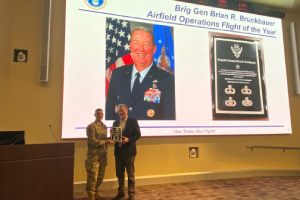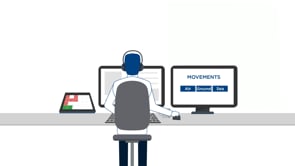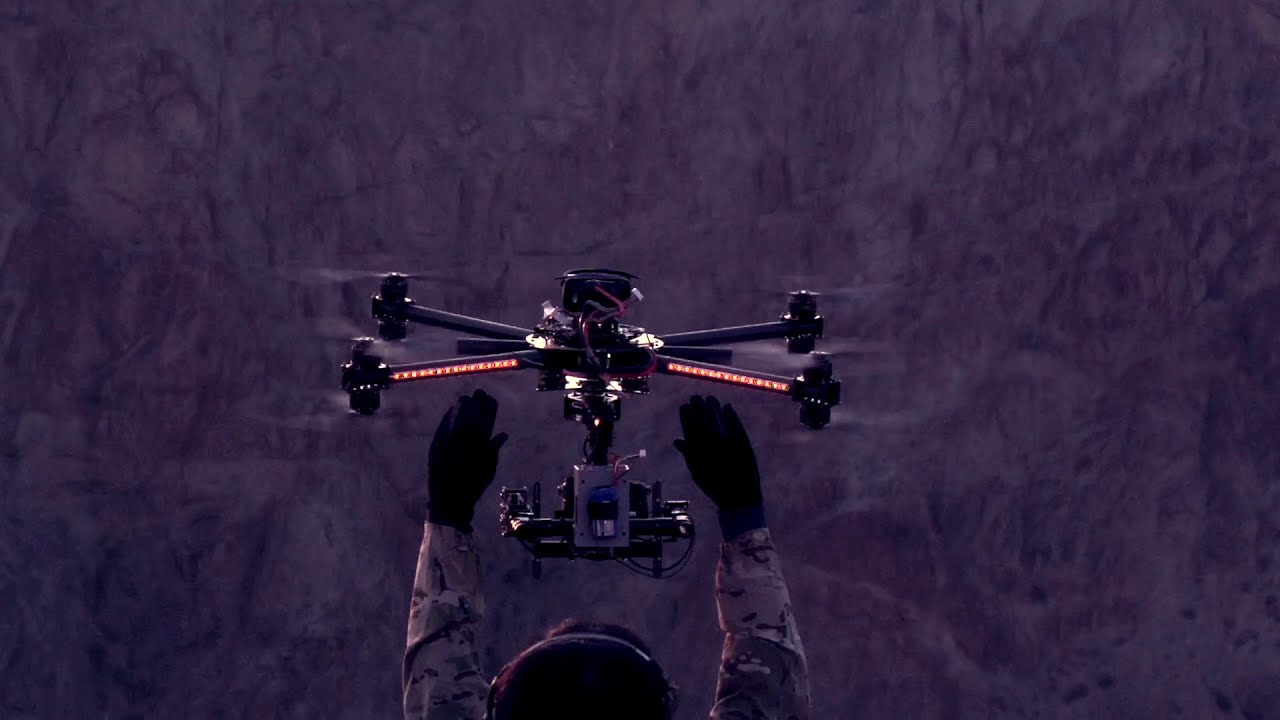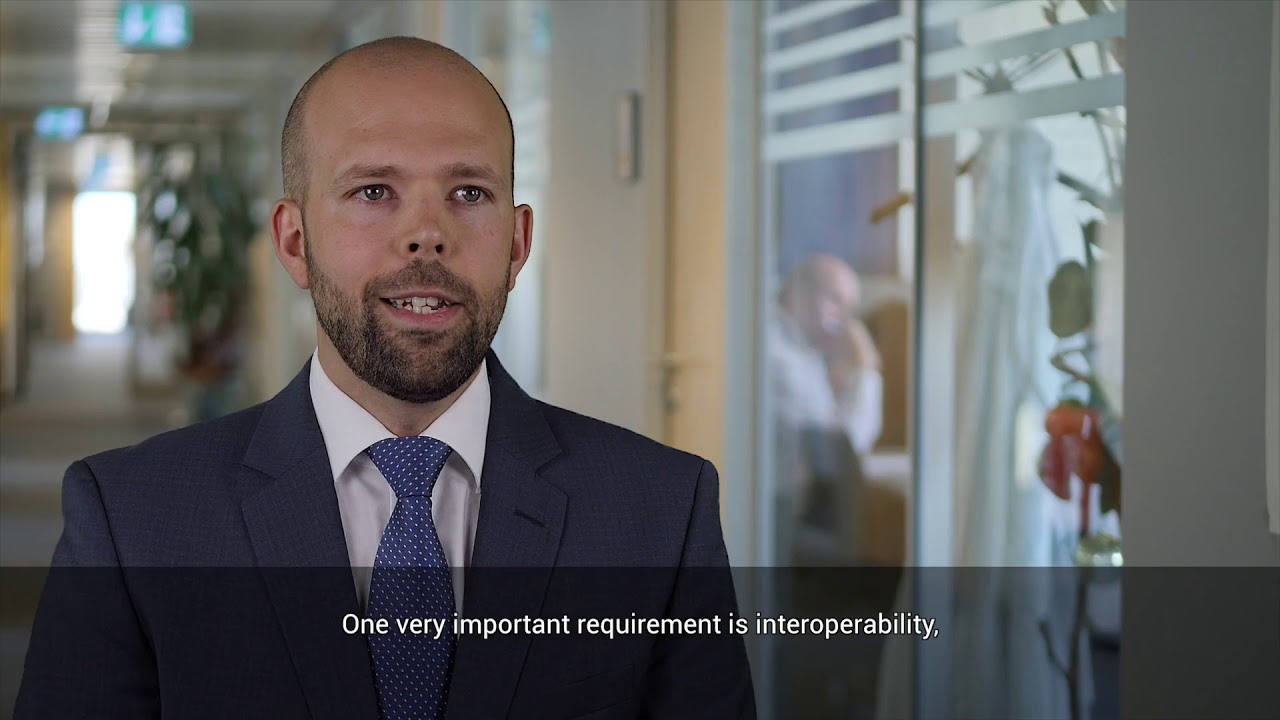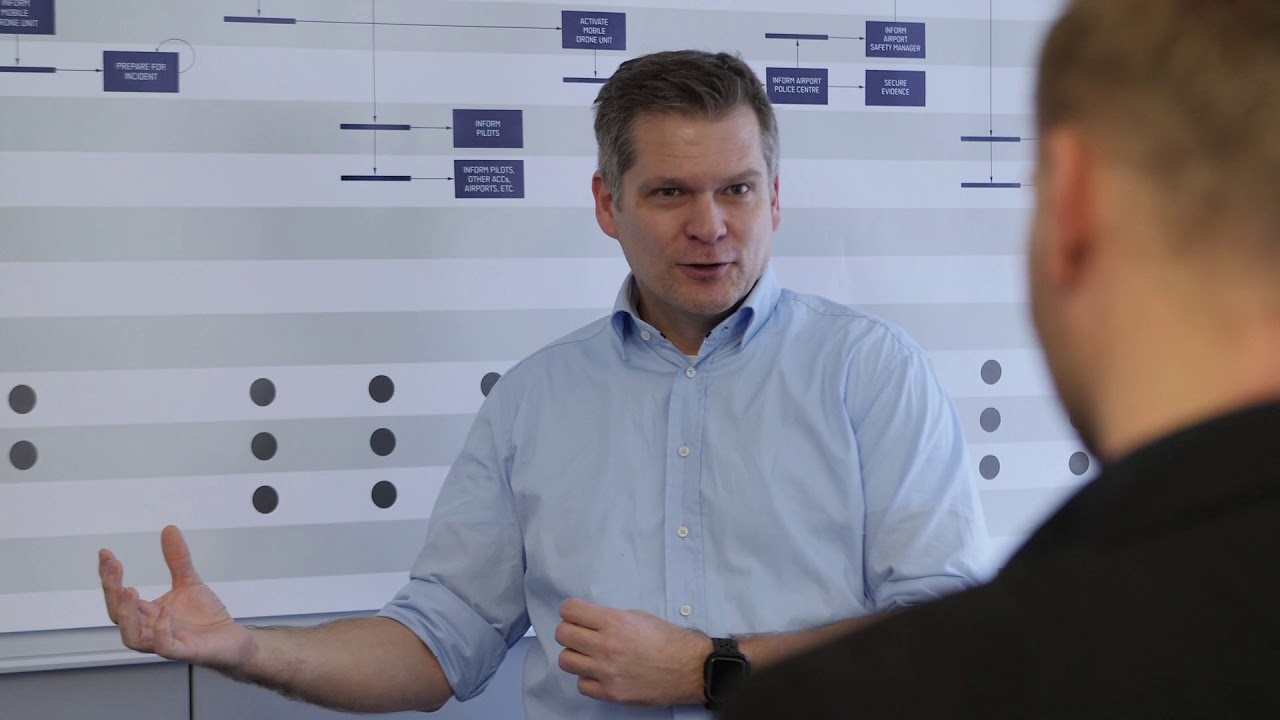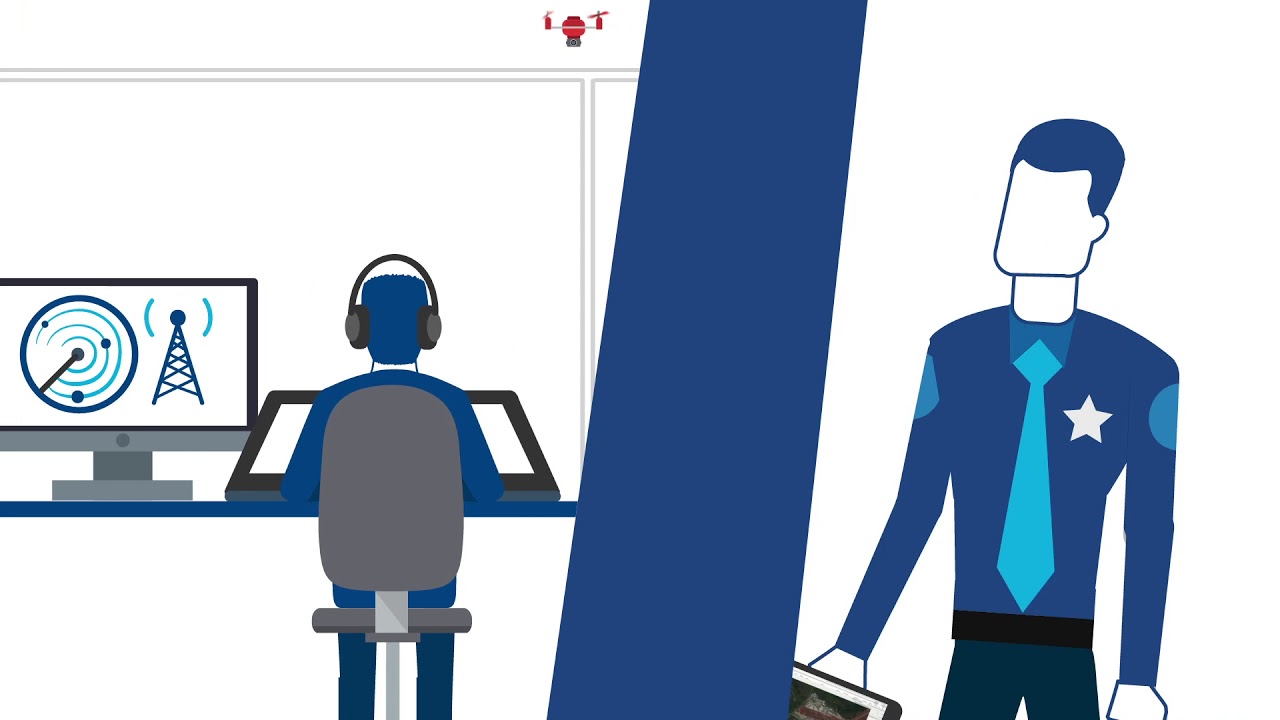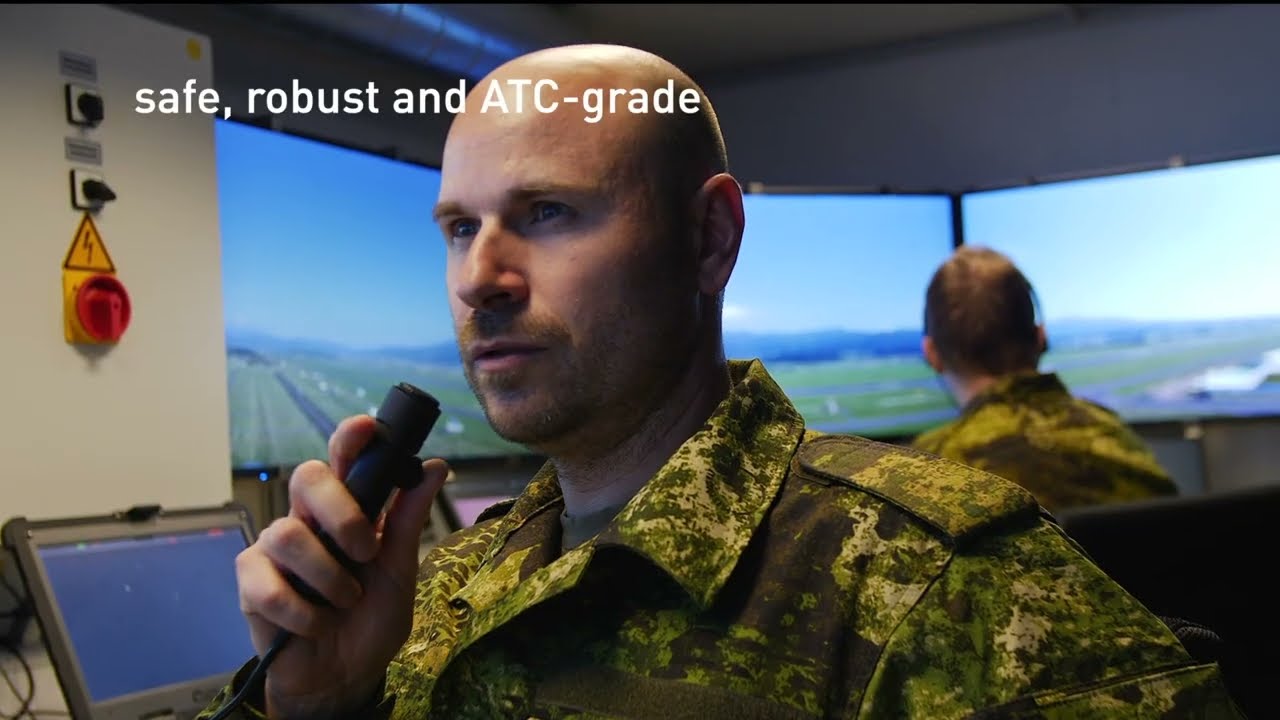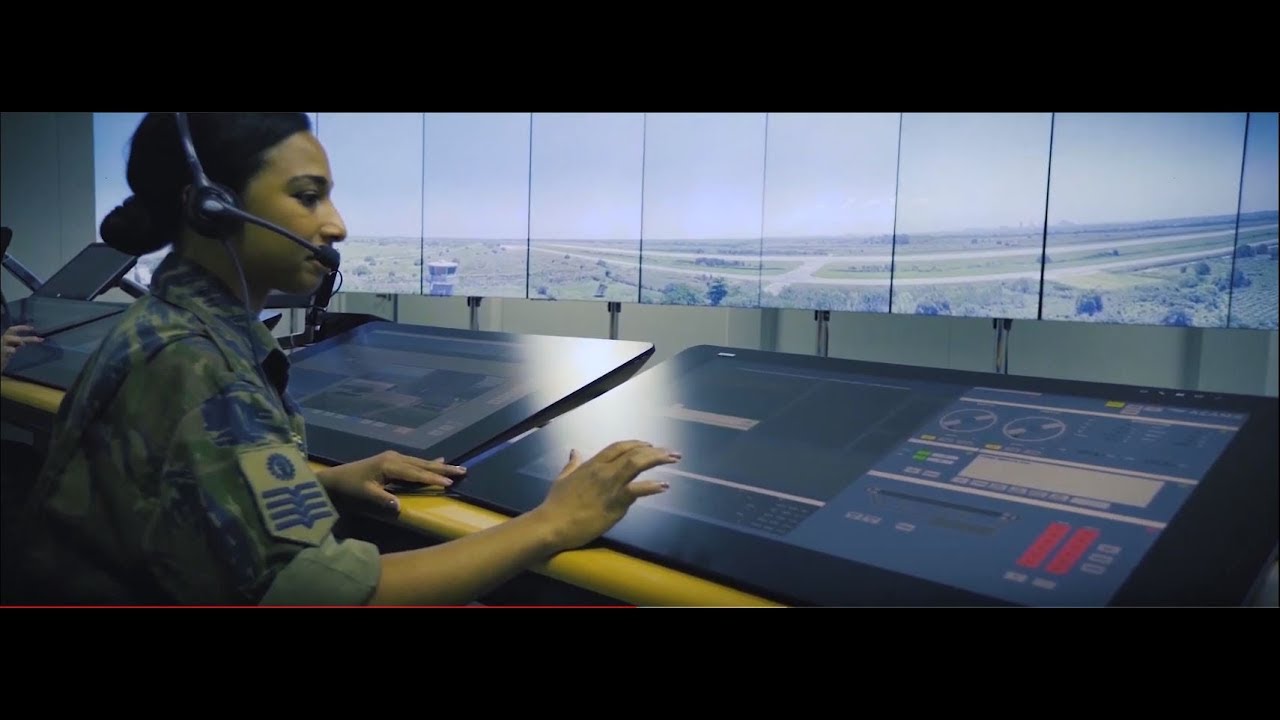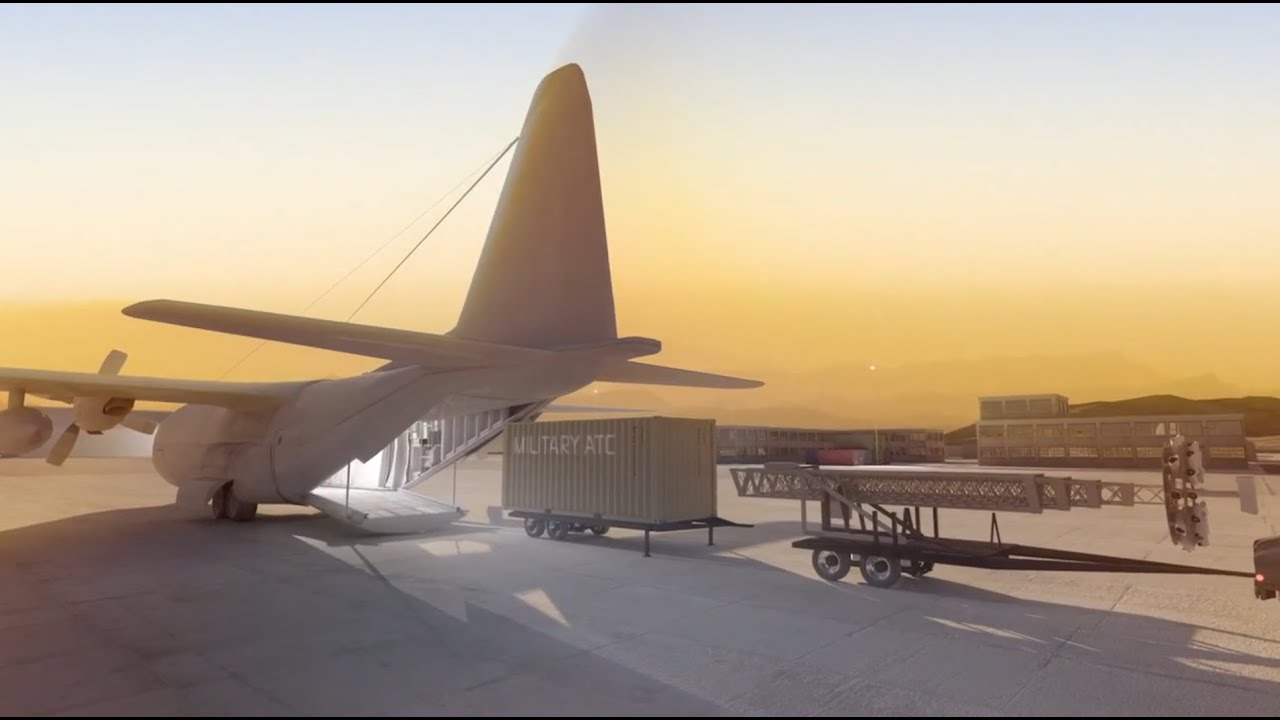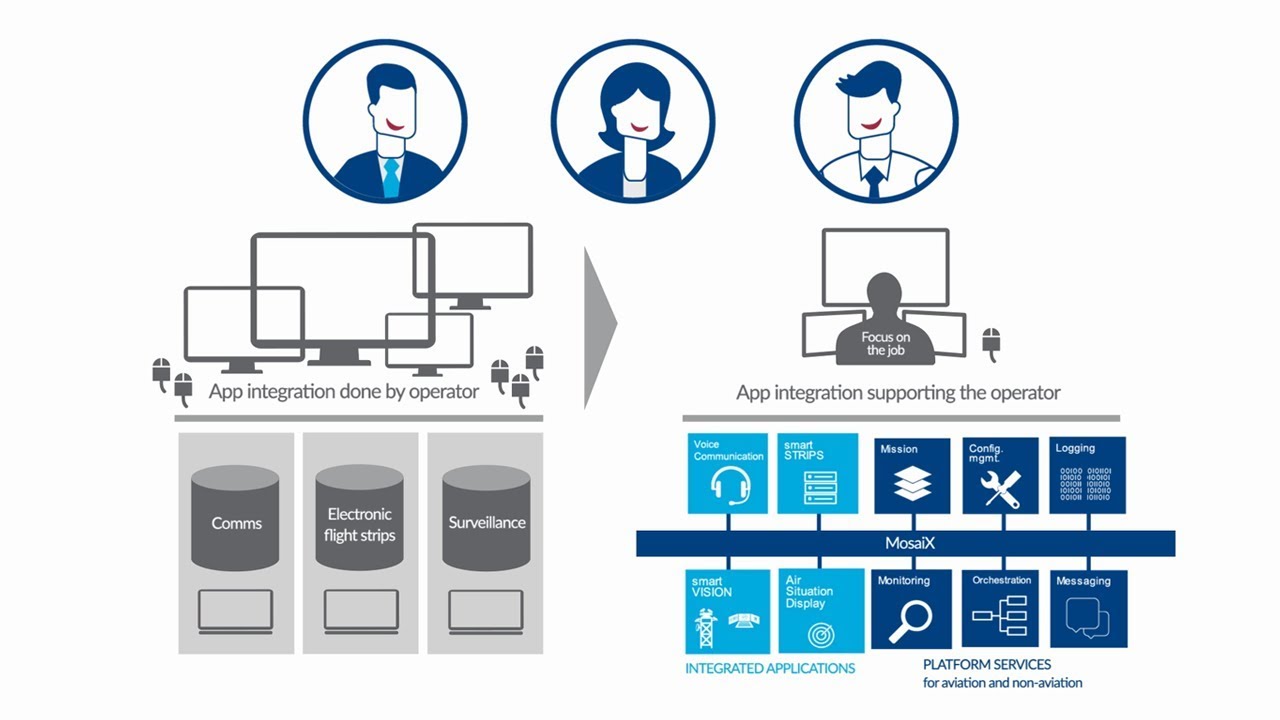The Frequentis group’s aeronautical information management (AIM) solution is a complete system landscape of modular components that provide full interoperability along the digital aeronautical data chain. Consistent with the latest AIM standards, as outlined in ICAO Annexes and Manuals, as well as with European and national regulations, we created these solutions to enable a smooth and cost-effective migration from AIS to AIM. The modular system design facilitates a step-by-step replacement of existing AIS infrastructure.
The paradigm shift towards AIM replaces the traditional product-centric provision of aeronautical information with a data-centric solution. Instead of creating and maintaining individual documents with complex release processes the focus is on the maintenance, integrity and accuracy of the aeronautical data.
Serving all AIM stakeholders
The challenge for AIM stakeholders is the automation of data management processes by eliminating all manual interactions and thereby guaranteeing no degradation of data quality along the data chain. Here, any lack of standardisation would jeopardise interoperability.
We have supported many customers worldwide in analysing their current AIS situation and developing a solution recommendation, along with an implementation plan for the migration to AIM as an end-to-end solution concept.
The Frequentis group is an AIM supplier with expertise in multi-tenant systems and experience in serving the complex needs of civil and military service providers.
Covering all AIM use cases
With all applications sharing the same data, the integrity and consistency of aeronautical information is dramatically increased while the effort involved in service provision is reduced. The key to the success of AIM is the standardisation of data encoding and presentation, together with standardised interoperable interfaces.
Combining these factors with state-of-the-art data access, the provision of aeronautical information is now no longer limited to users of the ATM network both on the ground and in the air.
Providing a complete AIM system landscape
We offer the complete information backbone along the digital data chain: from data origination, data handling and data management to a platform for easy sharing of this information. Our solutions comprise modules for long-term information management, publications, short-term information management and workflow management.
Through our commitment to SESAR2020 and the ASBU initiative, through working hand-in-hand with ANSPs, ICAO, EUROCONTROL and additional industrial partners we keep our solutions on the leading edge of technology and in line with what the market needs.
For more information about our solution, click here to join our Frequentis Connect session.
Explore the Frequentis Comsoft website for a deep dive into our AIM landscape.









